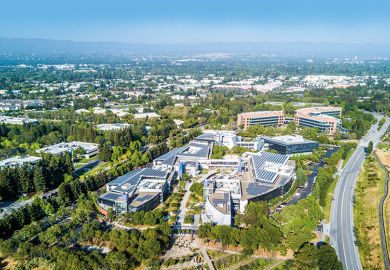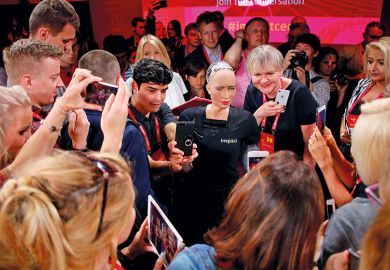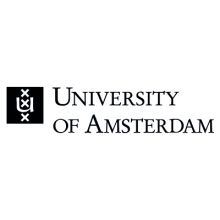Dutch universities are being overwhelmed by the number of students applying to study artificial intelligence, with numbers doubling compared with last year at some institutions.
Five of the six universities that offer such programmes have had to limit the number of students they accept, according to a report from national broadcaster NOS.
Utrecht University wants to increase entry requirements in response to the surge. Jeroen Fokker, informatics programme director at Utrecht, told the outlet that “we plan to be selective”.
“A larger lecture room is still possible in the first year. But further on in the course, more and more individual training is needed. The number of lecturers is not growing fast enough to keep up with the students,” he said.
Meanwhile more than 700 students have applied to a master’s programme run jointly by the University of Amsterdam and Vrije Universiteit Amsterdam. But only 180 can be accommodated, according to Maarten de Rijke, a professor of information retrieval at the University of Amsterdam.
“We offered 250 students a place, but we’re actually hoping that not all of them will stand on the sidewalk come September and that some will do something different or were unable to get their finances in order,” he told NOS.
The surge in applications follows reports of huge salaries for graduates with the right AI skills – last year, The New York Times reported compensation packages of $300,000 to $500,000 (£227,000 to £379,000) from large technology firms in the US.
Register to continue
Why register?
- Registration is free and only takes a moment
- Once registered, you can read 3 articles a month
- Sign up for our newsletter
Subscribe
Or subscribe for unlimited access to:
- Unlimited access to news, views, insights & reviews
- Digital editions
- Digital access to THE’s university and college rankings analysis
Already registered or a current subscriber?






